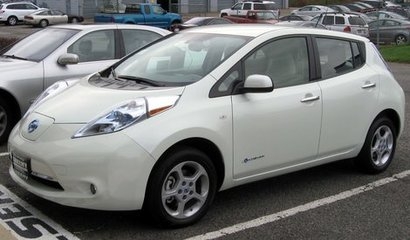
The UK Government’s final Air Quality Plan is due out today, in which the Government sets out its intention to ban all petrol and diesel vehicles from 2040. However, research from Baringa Partners indicates that 23 percent of people in the UK do not think that EVs are any better than fossil fuel vehicles with regard to reducing carbon emissions, while 22 percent do not believe they are better at improving air quality, rising to 26 percent among 18-34 year olds. Baringa Partners is therefore urging the Government to do more to raise public awareness of the benefits of cleaner vehicles.
“Given the clean credentials of electric cars are failing to get through to the public, an outright ban on all petrol and diesel vehicles is likely to face resistance amongst some drivers” said Oliver Rix, Partner at Baringa. “The high proportion of people not yet convinced suggests the Government needs to focus on effectively communicating with the public, particularly given the concern that there could be a high level of distrust in car makers following various emissions scandals. We all know what it’s like to be standing near a busy street and breathing in dirty fumes. The Government admits that 37 areas are in breach of legal limits for nitrogen dioxide, the majority of which comes from road transport. Unlike diesel and petrol cars, electric vehicles produce no direct emissions, so they have a vital role to play in reducing air pollution. Progress has been made, but now we need a plan for the hard task of convincing those who are not yet persuaded.”
Misconceptions are highest in the West Midlands, where 35 percent do not think electric cars are better at improving air quality and 29 percent do not believe they are better at reducing carbon emissions. They are lowest in the South East, where just 16percent do not think they are better at improving air quality and 15 percent do not believe they are better at reducing carbon emissions.
Baringa believes that the Government and industry need to work together to demystify the issue and help the public understand the benefits of electric cars.
Oliver Rix added that this is not the sole responsibility of Government. Industry must also work harder to convince people of the importance of the transition to a decarbonised electricity system and the role that electric cars, which produce around 10percent of the emissions of diesel and petrol cars, have to play in this.
Image: Nissan LEAF SL
For additional information:

